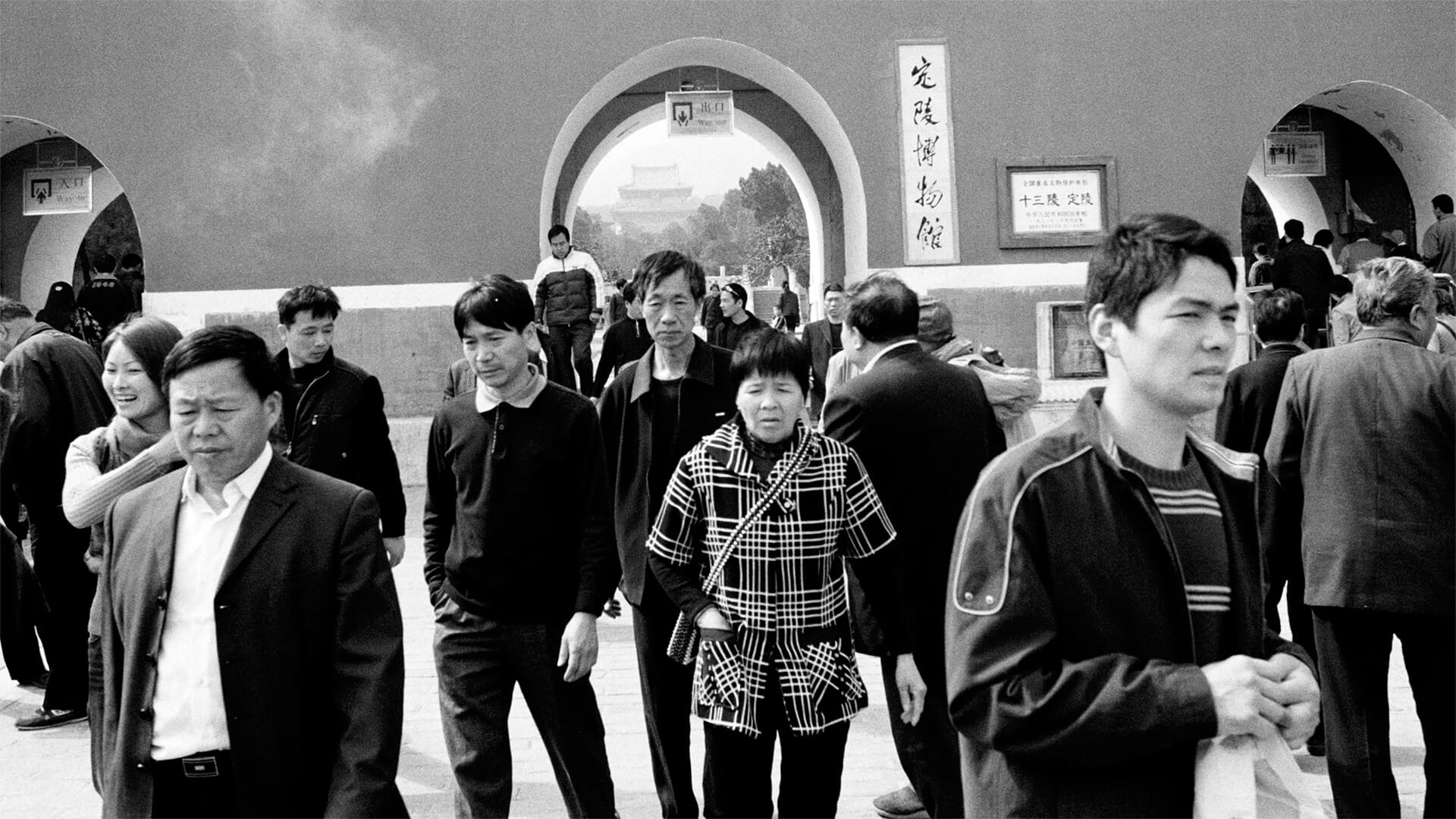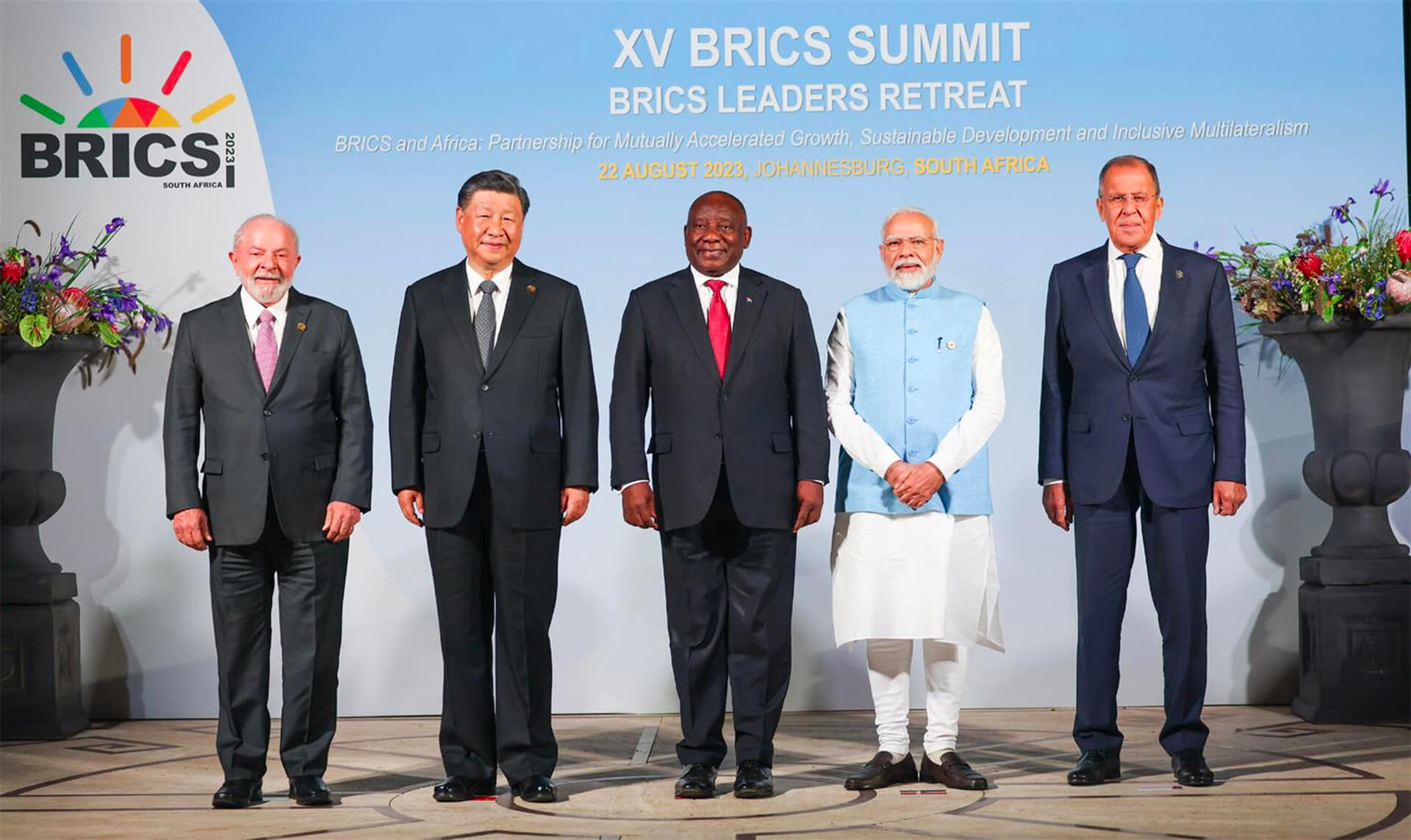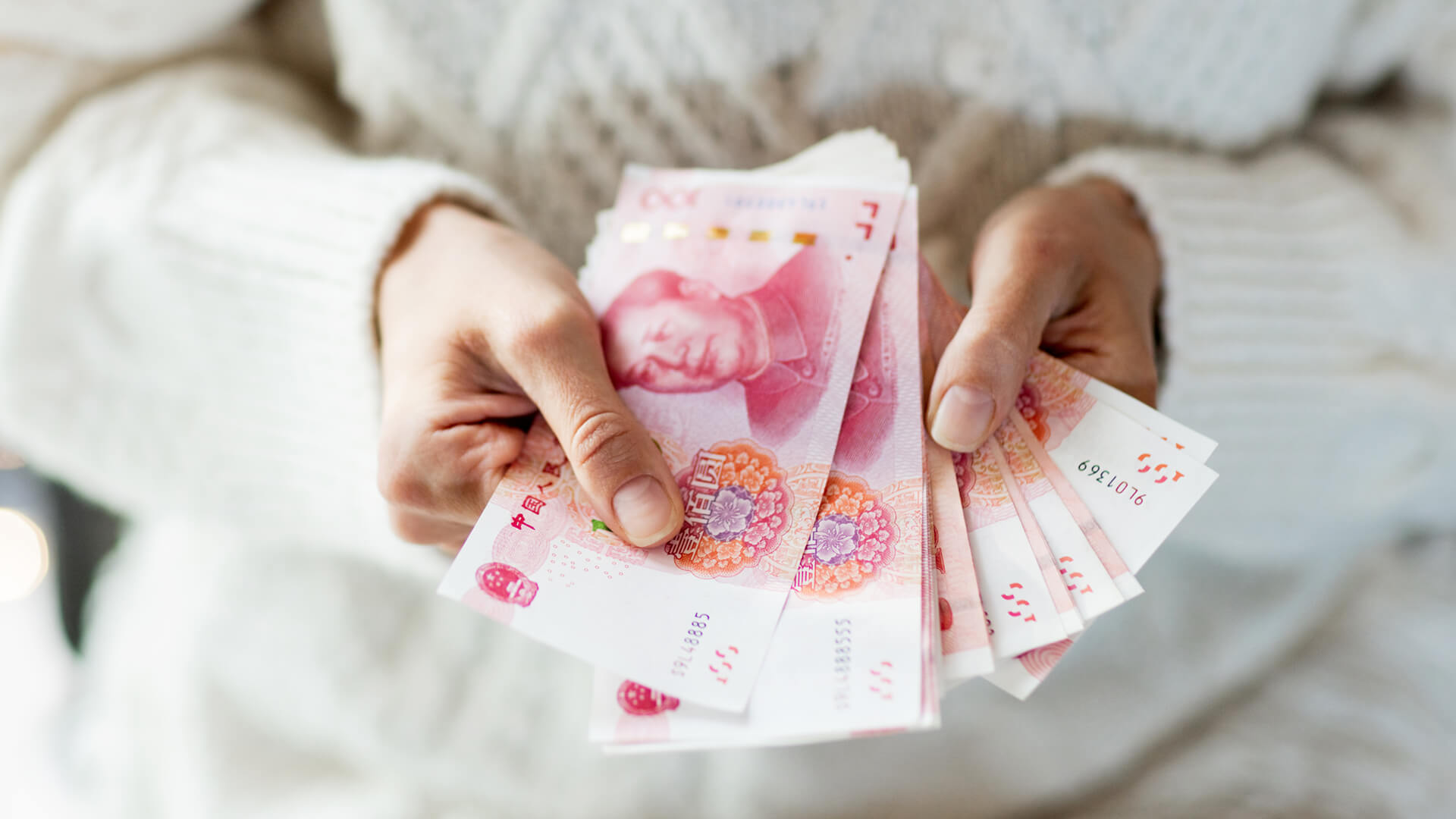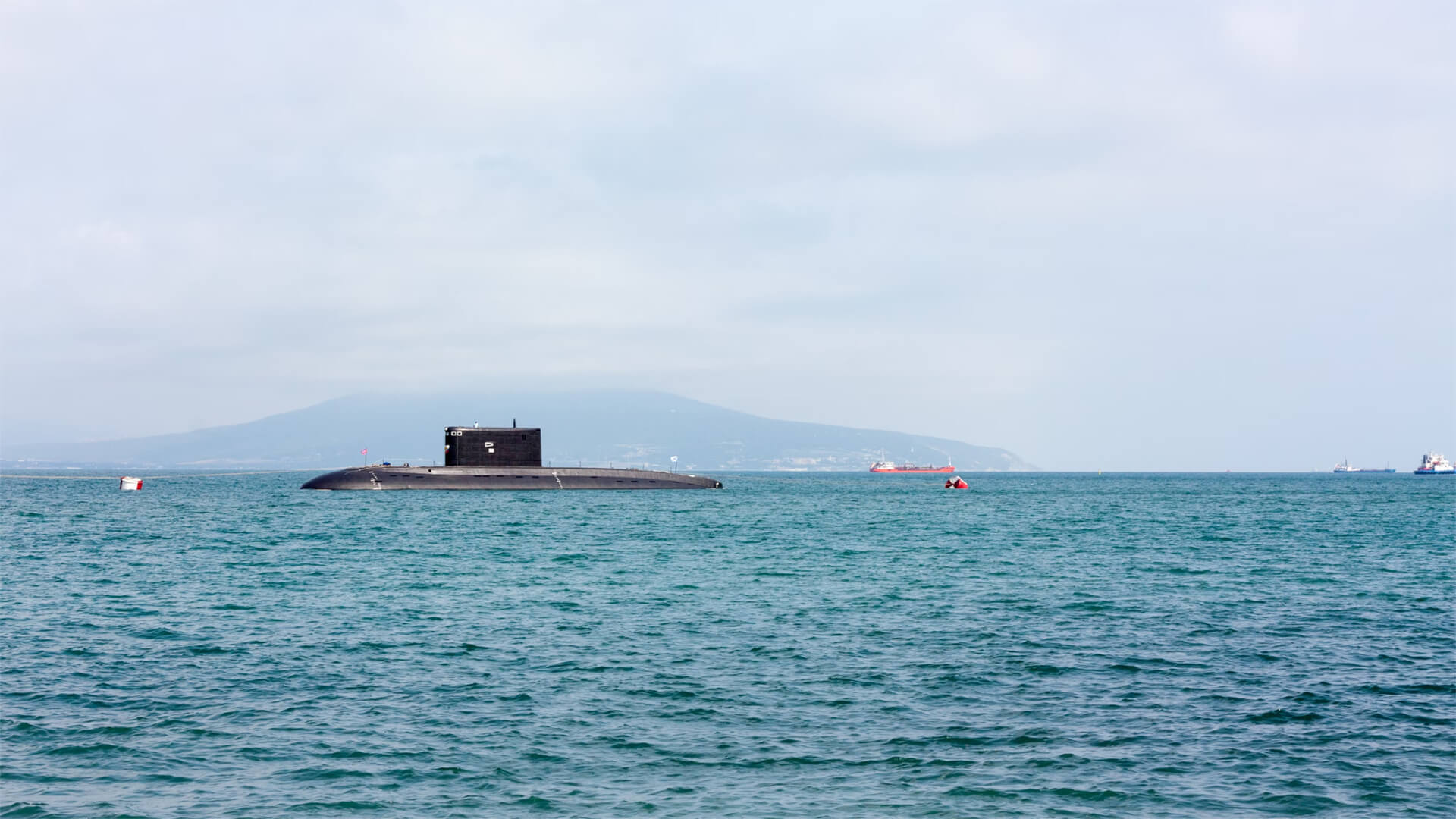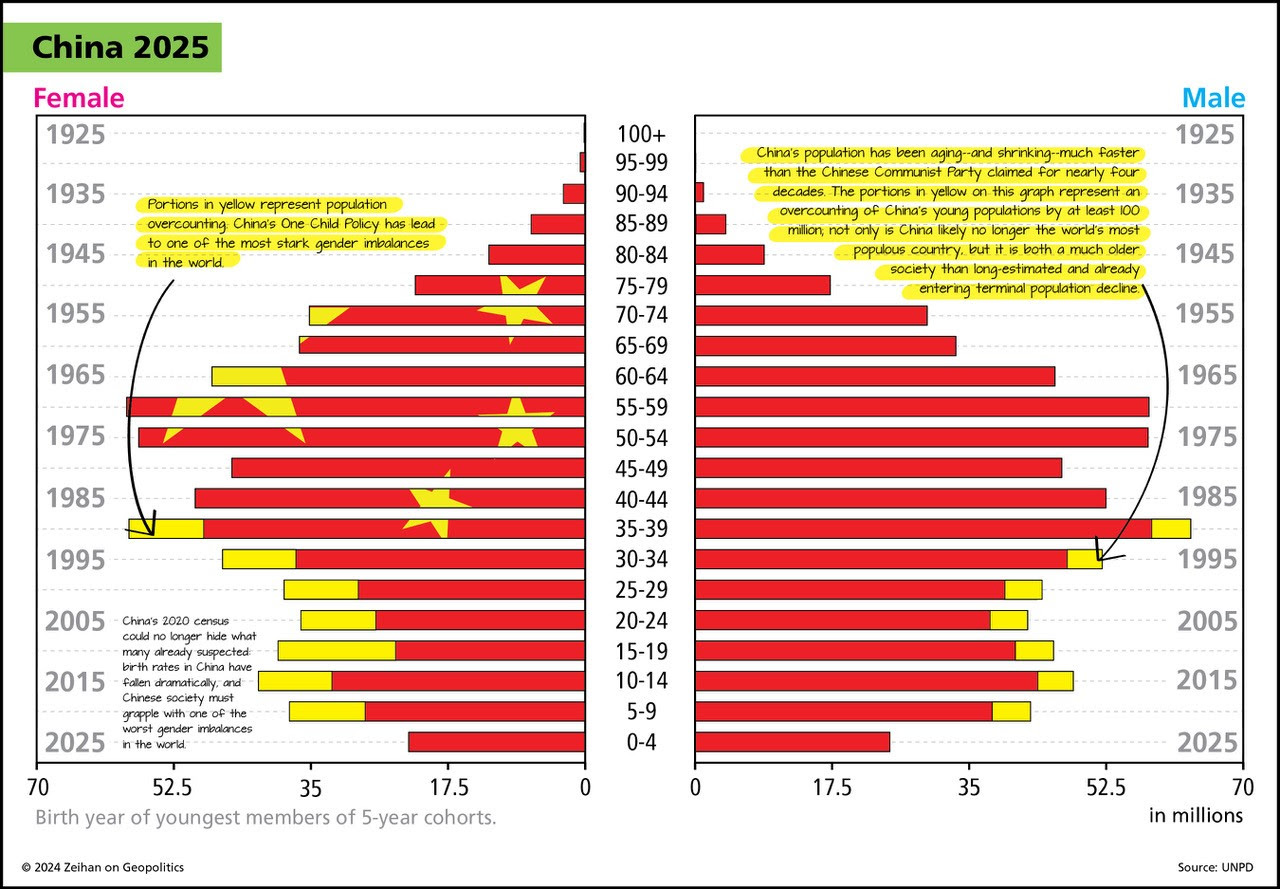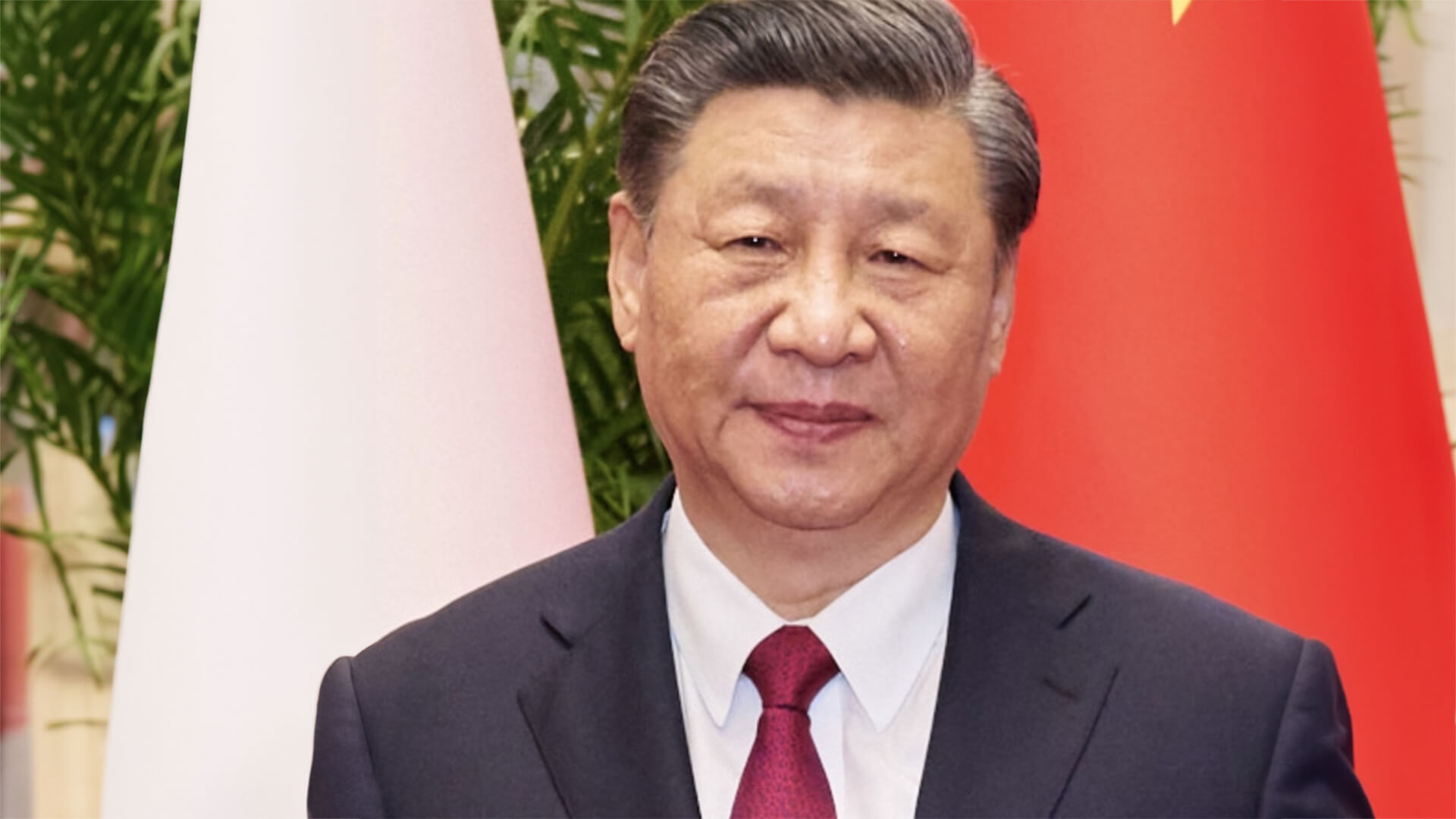China is facing a demographic crisis, but can immigration be used to counter it?
Countries like Canada and Germany have used immigration to bolster their shrinking workforces…with mixed success. China’s demographic problem is a degree of magnitude worse; the rapid industrialization, urban migration and one-child policy all led them down this path (and that birthrate is getting scary low). Immigration isn’t going to save the Chinese…unless they find a way to bring in 30 million young people annually.
So, China can expect a collapse in their workforce and societal coherence within a decade. Everyone else should get out their pen and paper and take notes on how this plays out, and start to prepare for what is to come.
Here at Zeihan on Geopolitics, our chosen charity partner is MedShare. They provide emergency medical services to communities in need, with a very heavy emphasis on locations facing acute crises. Medshare operates right in the thick of it, so we can be sure that every cent of our donation is not simply going directly to where help is needed most, but our donations serve as a force multiplier for a system already in existence.
For those who would like to donate directly to MedShare or to learn more about their efforts, you can click this link.
Transcript
Hey, everybody. Peter Zeihan here. Coming to you from a snowy Colorado where we’re in the calm between the storms. Two feet behind us, one foot in front of us. Lots of shoveling yet to be done. Today we’re taking an entry from the Patreon forum. The question specifically is: can China use immigration to solve some of its problems?
The scale of the challenge, of course, is huge. And what China has done isn’t really technically immigration. They send their people out to attend universities and pick up technical skills that they can’t get within China, and then they try to bring them back. That has been at least moderately successful. I’d say probably a third to half of the students they send abroad come back. And considering that’s better than zero, you know, take the win where you can get it.
But moving the demographic pendulum is really hard and takes decades, even with immigration. So let me give you a quick three examples.
Canada decided about 15–17 years ago that they were facing a European-style demographic collapse. And so they opened up the doors and, over the course of the next 15 or 17 years, brought in about 4 million people, mostly under age 40. That did stabilize their tax base and their workforce, but it generated 4 million people who needed a place to live. And if you need a place to live, you’re not very price-sensitive. So it caused a housing shortage across the system in the places where there was actually work.
They’re now dealing with the political outcomes of that, which is part of the reason why the Justin Trudeau government is likely to fall in elections next year.
The second example would be Germany, where the birth rate has been dropping for 130 years, ever since industrialization began. But it really fell off the cliff after reunification in 1990.
Now, you would think that you’d have a big optimistic moment like reunification, and the birth rate would go up. The problem is that the East German territories, former East Germany, were economic basket cases, and the Germans collectively spent over €1 trillion trying to rehabilitate the industrial plant and infrastructure. And it was just a waste of money.
So if you’re in the East German system, you saw all this money coming in to try to make your system better, and it all failed. In the meantime, all your young people left, and so your birth rate almost went to zero.
In the West German system, you were paying and paying and paying and paying and paying, and you basically had a 12-year period with negligible economic growth because you were shoveling money into the furnace. So the birth rate dropped there, too.
Of course, it’s a heavily industrialized, urbanized country. When you live in condos, there’s no room for the kids, as opposed to when you live on a farm where there’s all kinds of room for them—not to mention their free labor. So the economic case went away, the emotional case went away, and the birth rate in Germany kept falling.
Probably within the next 7–8 years, we’re looking at about a one-third reduction in the size of the German workforce, and it will only shrink thereafter, with all the implications it has for consumption, tax base, and state coherence.
A few years ago, the Germans let in about a million people from Syria—refugees. And people are like, oh, sorry, demographics? No, they just did that because they were trying to do the morally correct thing. Of the million people, something like 850,000 of them were men. That really doesn’t help the demographic situation in the long run, and that’s before you consider things like language, cultural, and skills barriers.
If the Germans really wanted to solve their demographic problem with immigration, they would need to bring in about 2 million people a year under age 25, every year from now on, just to hold the line. After 20 years, it’s not Germany anymore.
If you’re going to use immigration to stave off a demographic problem, you need to do two things. One, you need to start early before you have much of a problem. And two, you have to have some assimilative capacity so you don’t generate big culture clashes. You want it to be a trickle, not a flood.
Which brings us to China.
Chinese data is getting updated bit by bit by bit. They’re trying to get a grip on their demographic problem. With a population of what they thought was 1.3 billion now looking like it’s closer to 1.1 billion, it may even be less than 1 billion. The scale of what they would need to do is immense.
Also, the trajectory of the Chinese is far worse than the Germans. The Germans industrialized over 130 years. The Chinese did it in about 45.
If you just go back to like 1960, the Chinese birth rate was so high that each woman was having 4–6 kids. Mao was concerned that the young generation was going to eat the country alive—perhaps literally.
So they instituted a two-child policy, which shortly thereafter became a one-child policy. Then the country went through the fastest industrialization process ever. So everyone moved off the farm and into condos and stopped having kids.
We’re now in a situation where officially the birth rate is about 1.2 children per woman. The reality is probably below 1. We already know by official data that in most of the major cities, places like Shanghai or Beijing, it’s already below 0.4 or 0.5.
So you’re talking about one-fourth or one-fifth replacement levels. That means we’re looking at a complete demographic collapse of the Chinese system within ten years. The Germans are practically a slow fade-out compared to what’s happening in China.
Numerically, if you wanted to use immigration, you’d probably be talking about needing to get 30 million people under age 25 every year just to sustain the numbers where they are today. I’m not sure there are that many potential migrants in the world at any given time.
We’re looking at a workforce collapse, a financial collapse, and a state coherence collapse in the not-too-distant future.
The real challenge isn’t how do you save China? It’s gone. We’re just basically marking time.
The challenge in the short term is preparing for its fall because when that industrial plant goes away, we’re going to feel it.
The second challenge, a few years from now, is how do you manage a post-China Asia, where China is in degradation and civilization is in chaos?
Then the longer-term challenge for the latter half of this century will be: what do you do when what was the world’s largest ethnic group vanishes from this world?
When you break down the industrial base—and we’re already in a country where there’s more people over age 50 than under age 50—and they age out to the point that they can’t even maintain their infrastructure, we have a sort of international crisis that we have never seen before.
The Chinese are leading the way. Hopefully, in their fall and dissolution, we can find some lessons that will help us manage other parts of the world that are experiencing extreme demographic decline because they’re not alone.

